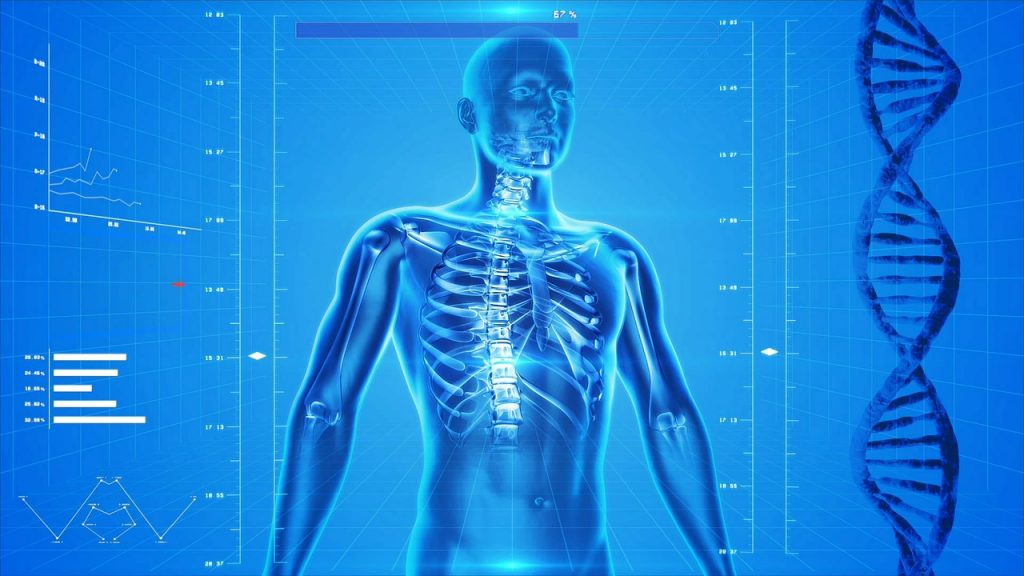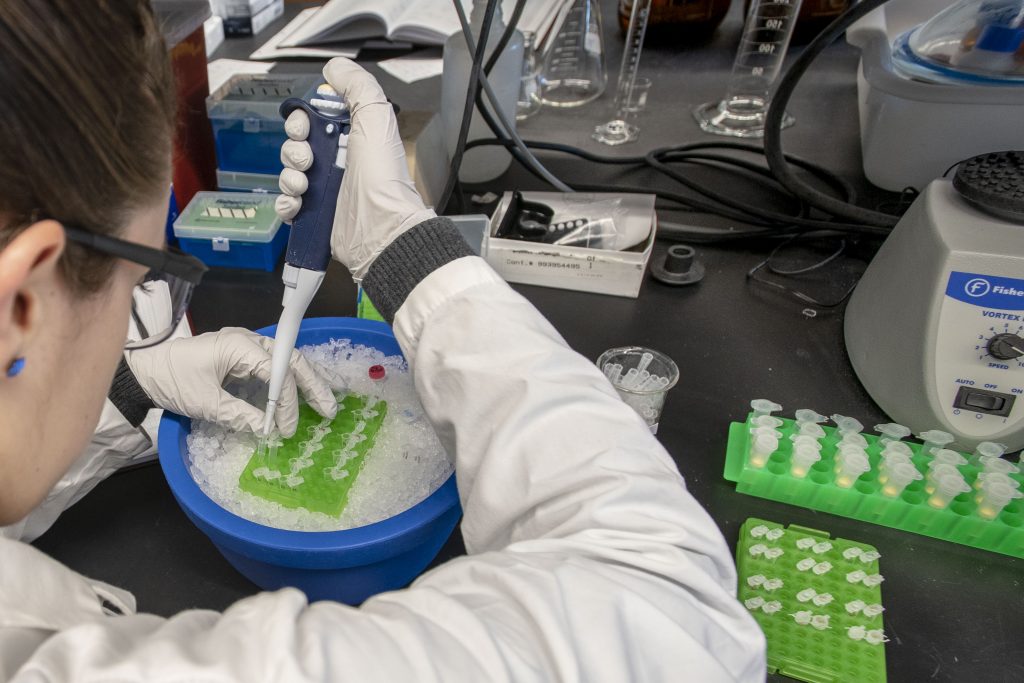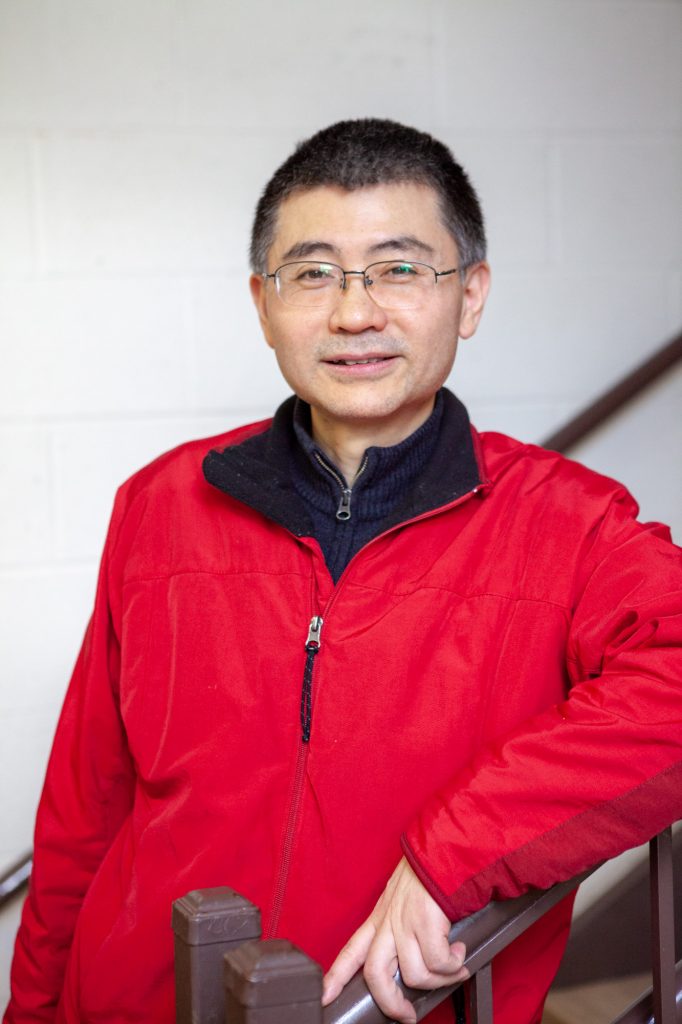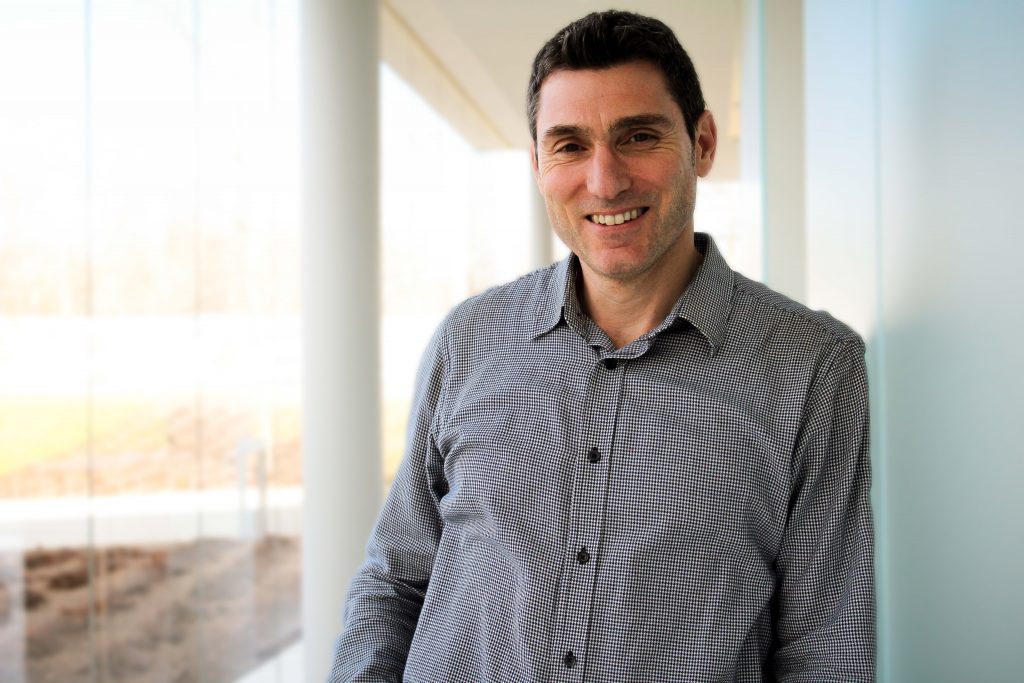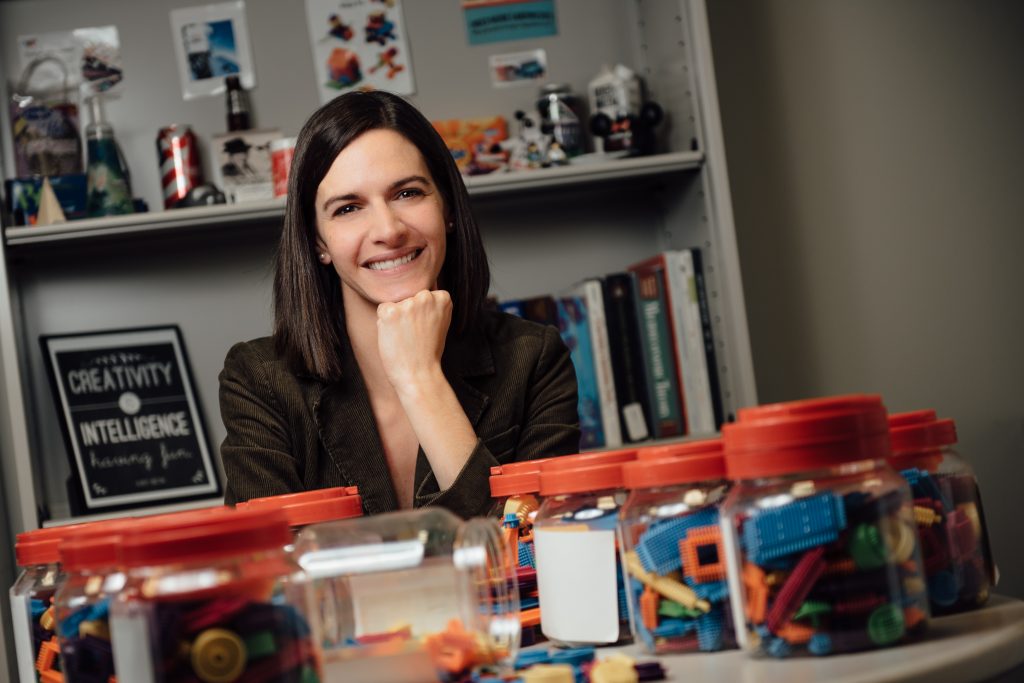Research & Discovery
New $2.8M Grant Looks at Bioinformatics and Bone Health
A team of University of Connecticut researchers has received a $2.8 million grant from the National Institutes of Health for a five-year project studying how a variety of genes impact bone health.
June 5, 2019 | Anna Zarra Aldrich '20 (CLAS), Office of the Vice President for Research
Please, Thank You, and the Impact of Online Politeness
A new UConn study shows answers to questions asked on the internet are more likely to be seen as high quality if they are perceived as polite, regardless of whether the information is actually useful or helpful.
June 5, 2019 | Jaclyn Severance
OVPR Announces Inaugural Therapeutics Awards
PATH is a partnership that includes the OVPR, the School of Pharmacy, and the School of Medicine to accelerate the translational pathway for researchers to convert their discoveries to new medical therapeutics.
June 4, 2019 | Jessica McBride, PhD
Substance Abuse Seen Among LGBTQ Victims of Weight Bullying
Weight-based victimization among LGBTQ youth is associated with increased odds of binge drinking, alcohol, marijuana, and cigarette use, says a new UConn study.
June 3, 2019 | Kristin Messina, UConn Rudd Center
A Gas Sensor That Can Take the Heat
UConn professor, Yu Lei, has patented an improved gas sensing technology for use in industrial applications.
May 30, 2019 | Anna Zarra Aldrich '20 (CLAS), Office of the Vice President for Research
Quantifying Chaos with Emmanouil Anagnostou
Sitting glued to the evening news as a lively weatherperson displays colorful maps with patches of snow, ice and rain is a familiar pastime for anyone who has lived in New England. From blizzards and ice storms to hurricanes and tornadoes, extreme weather is a fact of life, and one of its worst side effects […]
May 28, 2019 | Anna Zarra Aldrich '20 (CLAS), Office of the Vice President for Research
Quantifying Chaos with Eversource Energy Center Director, Emmanouil Anagnostou
Emmanouil (Manos) Anagnostou, director of the Eversource Energy Center, knows the value of bringing together great minds and rich data to prepare for whatever the weather has in store.
May 28, 2019 | Anna Zarra Aldrich '20 (CLAS), Office of the Vice President for Research
The Power of Empathy in Product Development
'Subtle things, such as imagining how someone else would feel, can have a huge impact on creativity in general,' says UConn's Kelly Herd.
May 28, 2019 | Claire Hall
A Different Kind of War Memory
Personal memories of war should be taken more seriously in public exhibits pertaining to American wars, says a UConn political scientist in her new book.
May 23, 2019 | Christine Buckley
Marine Knowledge is Power: Predicting Ocean Resources for Coastal Communities
With support from the National Center for Atmospheric Research (NCAR), UConn marine scientist Samantha Siedlecki is developing predictive models to help coastal communities plan for their vital marine resources in the face of big ocean changes in the coming decades.
May 22, 2019 | Jessica McBride, PhD
